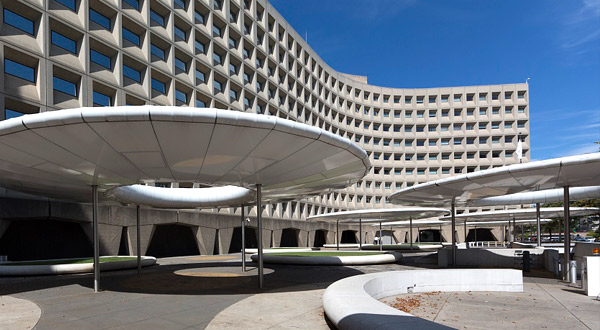December 9, 2022

The Department of Housing and Urban Development has announced a climate forward green housing initiatives as part of an update to the HUD program known as the Rate Reduction Initiative, or RRI.
RRI supports the HUD Climate Action Plan. That plan was created to foster “climate resiliency, reduce greenhouse emissions, and pursue environmental justice in housing” according to HUD.gov.
RRI relies on partnerships with public housing providers, with one stated goal (among many) of encouraging the reduction of public housing utility costs beyond what may already be required by state law, saving money, and helping the environment at the same time.
The RRI plan encourages public housing agencies to negotiate special rates with utility companies, or purchase energy through a third-party broker.
It also encourages arrangements between utility companies and clients to invest in energy efficient upgrades.
But what does that have to do with FHA home loans or buying a single-family home with one?
There are borrower-friendly versions for some of these HUD programs already available; these are consumer resources that can help typical borrowers upgrade their homes.
Are you interested in renovating your home to be more energy efficient? One of the first things on your to-do list is to review the U.S. Weatherization Assistance Program, which offers guidelines, resources, and support to help you make your property “greener”.
After you put the work in to research, plan, and save for your project, you still need a way to pay for the alterations to your house. That’s where the FHA Energy Efficient Mortgage (FHA EEM) program comes in.
The FHA Energy-Efficient Mortgage is an FHA option you can use to pay for approved upgrades to the home such as storm windows and doors, upgraded heating and air conditioning, and even solar options.
An FHA EEM is not a separate loan you apply for and get approved for like a mortgage. You ask the lender to add it to your home loan amount instead.
And FHA loan rules say you may pair an EEM with an FHA 203(k) Rehabilitation Mortgage, FHA Cash-Out Refinancing, etc.
The climate-friendly projects HUD is working on aren’t intended for single-family borrowers. They are meant for multi-family housing. But house hunters can take advantage of existing, consumer-level programs that can help you add energy-saving features to the home.

